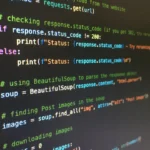
Python Coding Essentials: Reliability by Abstraction
Effective programming is not just about writing code that works; it's about managing complexity to ensure reliability by abstraction.
New to Python? You’re in the right place. This category features easy-to-follow tutorials covering all the basics, from variables and loops to functions. Build a strong programming foundation here!

Effective programming is not just about writing code that works; it's about managing complexity to ensure reliability by abstraction.

Understanding different types of data is a fundamental first step in any programming journey.

Modern applications almost always need to save data, whether it's user settings, a saved game, or a to-do list.
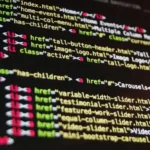
As your programming projects grow beyond a few hundred lines, keeping everything in a single file becomes unmanageable and leads to messy, hard-to-read code.

In an era of interconnected systems, protecting information is paramount.

Dealing with external information is a core part of programming, making a solid understanding of files and modules essential.

If you've been working with Python for a while, you know that iterators are at the heart of writing memory-efficient and elegant code.
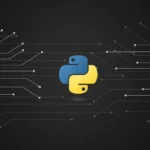
When I first started writing Python scripts that interacted with networks or files, I noticed a common bottleneck: my programs spent a lot of time just waiting.

When I first started tackling heavy computational tasks in Python—like processing large datasets or running complex simulations—I quickly ran into a wall.
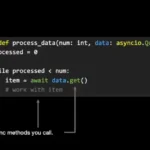
When I first started writing applications that needed to handle multiple network requests, I did it the simple, synchronous way.
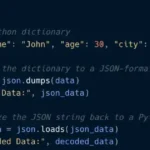
When you're working on a Python application, your data—whether it's user settings, application state, or the results of a long computation—exists only in memory.
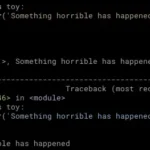
When I first started coding in Python, one of the most common mistakes I made was forgetting to close files after I opened them.

It's time to become a data scientist by exploring two of the most powerful packages in the Python ecosystem: NumPy and SciPy.

Handling times, dates, and numbers can seem simple, but time zones, leap years, and different formats make it a complex challenge.

Python is an excellent language for system administration, easily replacing tools like bash and AWK for many tasks.